AVOIDING THE PAYROLL TAX PENALTY
A grueling task for many small businesses is keeping up with payroll. Withholding the correct amount of taxes from your employees’ paychecks and paying them to the government on time is absolutely necessary. You can personally be charged with the Trust Fund Recovery Penalty (or the 100% penalty) if you willfully neglect to withhold and pay the payroll taxes due. The penalty is applied to Social Security and income taxes that are required to be withheld from employee wages.
Because the withheld taxes are considered the property of the government, the business holds the taxes in “trust” until they are paid. The penalty is also referred to as to 100% penalty because the person responsible can be personally penalized for 100% of the taxes due. The IRS is forceful in applying this penalty and the amounts they impose are generally considerable.
Who is a Responsible Person?
Anyone who is responsible for collecting and paying taxes for the business (even tax-exempt organizations in certain circumstances) is considered a “responsible person” by the IRS. This could range from officers, shareholders, and directors for corporations, partners or an employee for partnerships, and occasionally voluntary board members for a tax-exempt organization. There is a possibility that professional advisors could also be considered a responsible person.
Not only are responsible persons determined by their status and authority, but also by duty. Any person who has the ability to see that the taxes are paid on time could be deemed responsible. Even if it’s not your “job” to withhold the appropriate amount of taxes from employees, if you learn that there was no payment made to the government while you’re in a position to ensure they’re paid, you become a responsible person.
Oftentimes, there is more than one person who can be penalized within a business, but each one could be at risk of the whole penalty. Taxpayers do have the option to sue other responsible people for their contribution, but this process only comes into play after they have paid the penalty and they take direct action of their own accord.
What is Deemed “willful”?
Even if the responsible people are not trying to blatantly evade paying the taxes, the actions can still be seen as willful. Paying business bills or purchasing supplies rather than paying the withheld taxes to the government is considered a willful action. Delegating this task to someone else doesn’t completely excuse you from being responsible, nor does the “corporate veil” protect owners from the penalty. Payroll tax debts don’t usually apply to the normal liability shields that corporation owners or limited liability companies have.
If the IRS calls this penalty against you or other responsible persons, they can file a lien, or move to seize or take levy against personal assets.
Be Proactive
No matter the circumstance, there should never be a neglect to withhold the proper taxes from employees or borrowing from those amounts. Make a diligent effort to have these taxes paid to the government on time.
You can contact us to alleviate yourself or your company members of the stress that comes with ensuring payroll taxes are done correctly and in a timely manner.




